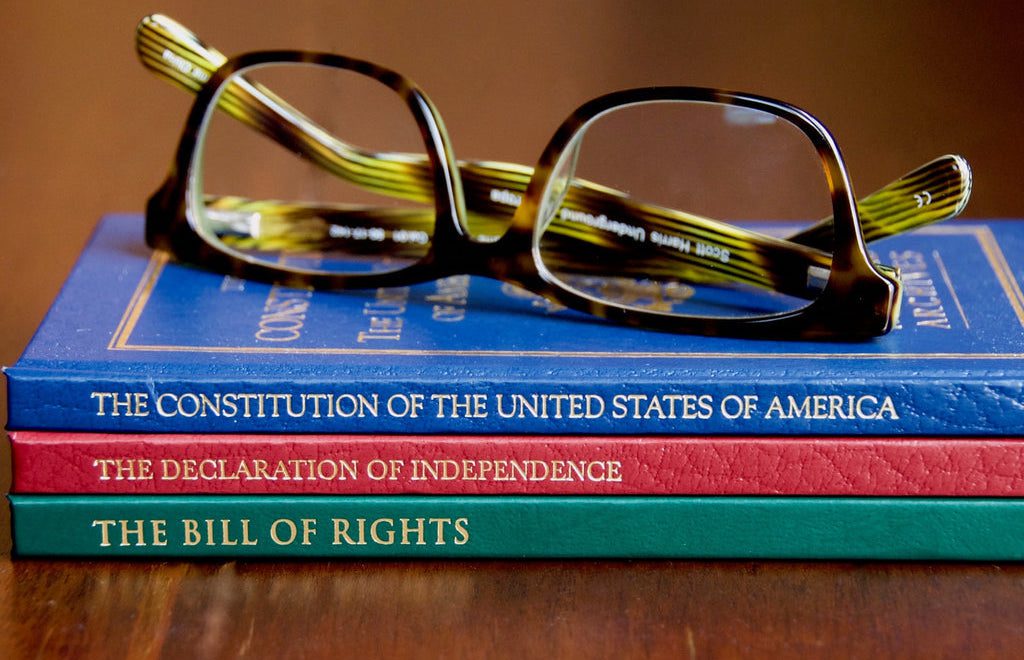Editorial: Reading, ’Riting, ’Rithmetic… and Religion
By • August 17, 2022 0 1091

The other day I was talking to a neighbor whose daughter, a rising high-school junior, was beginning to plan her college visits. Suddenly, it’s become very complicated, she told me. “A few months ago, we were looking at academic programs and campus activities. Now it’s all about whether or not she could get an abortion in that state. And how close the clinics are to school.”
Tragically, so many parents and children are now asking themselves these sorts of questions: If I take this job in this state, can I get an abortion? Or even contraception? If I go to this particular school, do I have to recite a prayer, even if I don’t follow this, or any, religion? How can I support my non-binary child with the care they need to grow into the person they need to be? As a physician, how do I uphold my oath to “do no harm” under the threat of losing my medical license or worse? As an educator, can I still teach the fullness of our nation’s history without life-threatening interference from “God-fearing” parents and demagogues?
Whose country is this anyway? So-called “pro-lifers” from the Supreme Court on down are turning into mini Torquemadas, seeking to impose the worst fundamentalist practices in homes, schools, medical practices, and society. Threatening dire punishment on all those non-believers who persist in asserting their rights, Constitutionally enumerated or not.
Here, in D.C., we consider ourselves fortunate to live in a Democratic city. But let’s not fool ourselves. Without representation in Congress, it’s not too far a stretch to imagine that if the far-right GOP continues to win elections and undo formerly sacred precedents, they’ll make the nation’s capital a test case of religiously-inspired and imposed legislation.
In a recent article on the Dobbs decision in the New York Times, Linda Greenhouse decried “the pervasive role that religion is playing on today’s Supreme Court.” It is, one might say, the very opposite of what the Constitution intended in the First Amendment (freedom of religion) and its Establishment Clause (freedom from religion).
Whatever you think of religion (and, we confess, our feelings are mixed), it doesn’t take a religious or Constitutional scholar to know that prayers and doctrine have no place in our civic policy. Your beliefs — as with so much else we’ve been debating — are your business. Please don’t make them ours.

